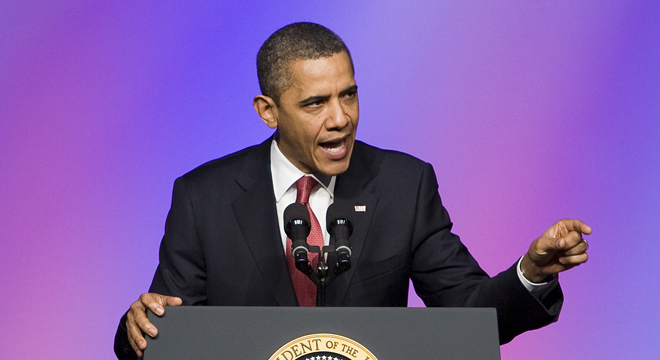If the Supreme Court strikes down “Obamacare,” Republicans claim a huge short-term victory, but they may end up big losers in the long run. The future of the nation’s health care system would be thrown into disarray, and conservatives may be forced to swallow a more bitter pill.
The prospect of moving toward a more liberal, government-controlled health care system is fraught with political peril, and therefore far from inevitable, but may wind up being the only way to prevent the demise of the unsustainable, existing system from leaving many more millions without access to health care. Without a mechanism like an individual mandate to cover the uninsured and tackle the free-rider problem, health care costs are set to rise at an unsustainable rate and compel potentially drastic action from Congress.
“Conservatives may find that they weren’t careful about what they wished for in opposing ‘Obamacare,'” Adam Winkler, a constitutional law professor at UCLA School of Law, told TPM. “The economic, social and political pressure for health care reform aren’t going to just disappear. There’s a reason every major industrialized country has national health care. If the Supreme Court invalidates the Affordable Care Act, we are likely to see a government takeover of health care in the next decade.”
In that scenario, progressives could turn to two alternatives that have proven successful at lowering costs in other countries: A single-payer plan a la Medicare but for everyone, or a two-tier system in which private and public insurers compete. Both concepts are anathema to Republicans, but their constitutionality is not in doubt — and the GOP has been unable to devise a replacement plan, which could give liberals ammunition for their cause.
There’s little doubt that the idea behind the individual mandate — in which Americans either buy insurance or pay more in taxes — would be constitutional if rewritten explicitly as a “tax” as opposed to a “penalty” for not buying a product. But the political fallout of a Supreme Court decision to strike it down may well scare lawmakers away from the concept altogether.
“The defenders of federalism will be rewarded with an even bigger federal government,” Winkler said. “Wouldn’t that be ironic?”
That’s far from certain, because the political obstacles to single-payer — vehement opposition from conservatives, the might of insurance and other health care industries and the difficulty of selling bigger government to the American public — may yet be too great to overcome.
“Not in my lifetime. There just isn’t the political support,” Tim Jost, a law professor at Washington and Lee University and a supporter of the Affordable Care Act, told TPM. “We could not even get a public option when the Democrats had 60 Senate votes. The alternative is to limp along with an ever larger share of Americans receiving ever less care. This doesn’t seem to bother a lot of Americans, at least those who pay for political advertising.”
“I think that is naive,” Jonathan Gruber, an MIT professor and health policy expert, told TPM. “If you look at the history of health care reform, every time we come back to it the proposals are more conservative than the last time.”
But the systemic problems would worsen and create pressure for reform. The pre-ACA status quo is a road to disaster, with soaring health care cost projections, growing ranks of uninsured and rising death rates due to lack of insurance. So where would Republicans turn?
As it turns out, the core components of the Affordable Care Act — laws banning insurers from cherry-picking customers, a mandate to bring young and healthy people into the system and subsidies to help the poor afford insurance — reflect the most comprehensive conservative effort to address those problems. The template was first crafted by the Heritage Foundation and backed by a significant faction of Republicans until President Obama embraced it.
If that approach is decreed unconstitutional, the only alternatives on the shelf would be the single-payer option, embraced by liberals, or a strong public insurance option. And those ideas would become harder to resist if Republicans keep coming up empty on a plan of their own.
Staunch conservatives favor a deregulated private insurance system that relies on the market to ration health care resources, with the hope that competition will drive down costs. But Republicans have been slow to embrace this idea, in part because the health care market fails when private actors are left to their own devices, and there’s little evidence anywhere in the world that such a system would work.
“They have no alternative,” said Gruber, an architect of both “Obamacare” and “Romneycare,” the system enacted in Massachusetts under then-Gov. Mitt Romney. “Here’s the simple fact — if you want to cover the uninsured, there’s no more a private sector way to do so than this law. It’s a Republican plan at its core.”










